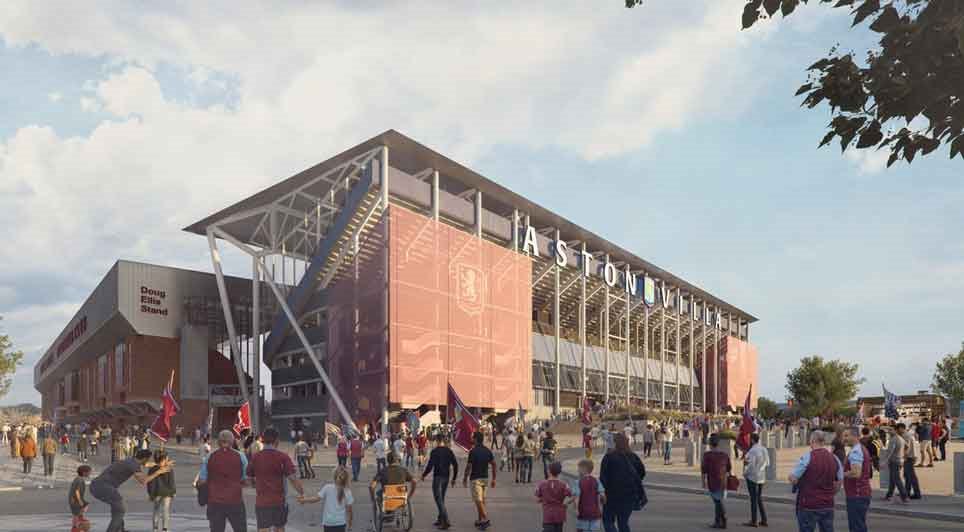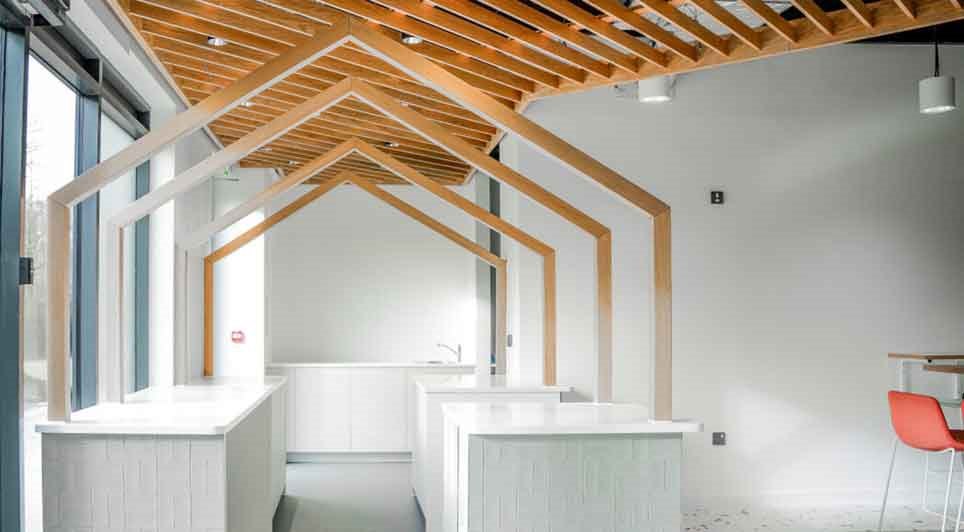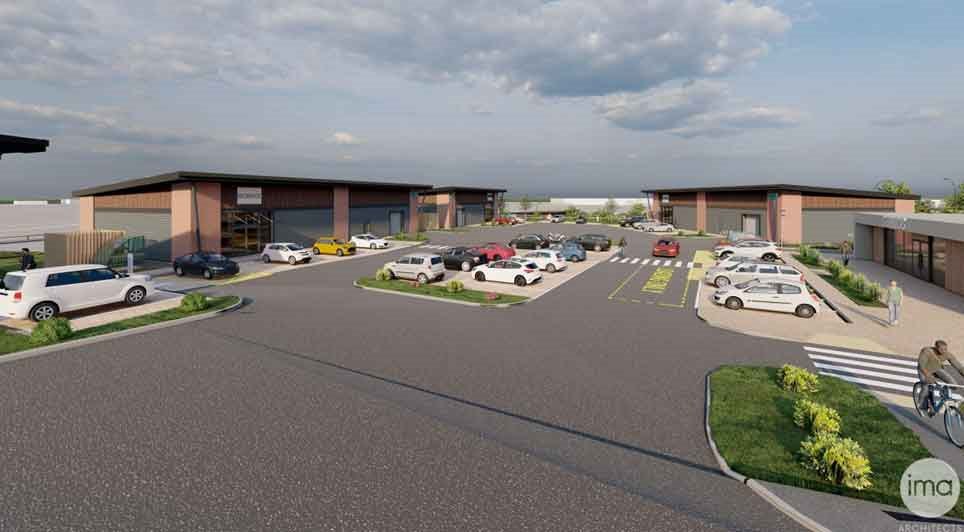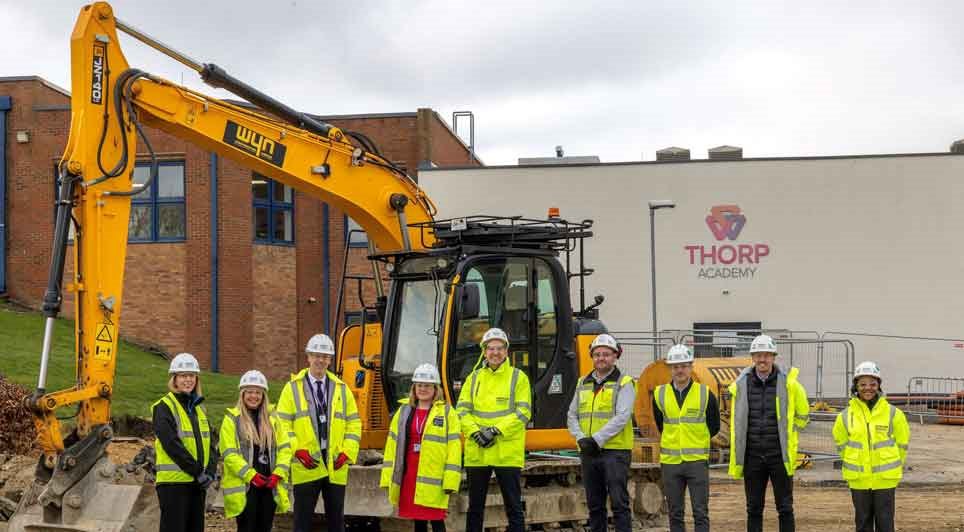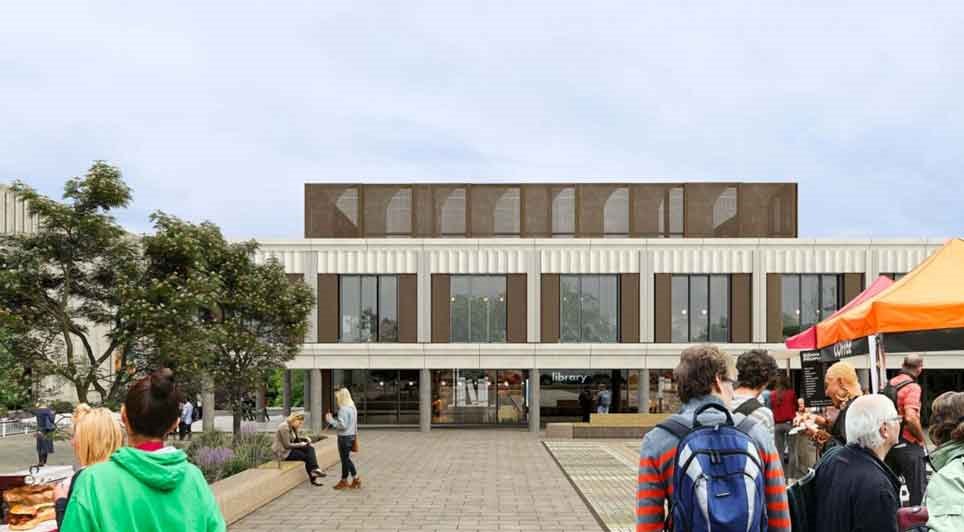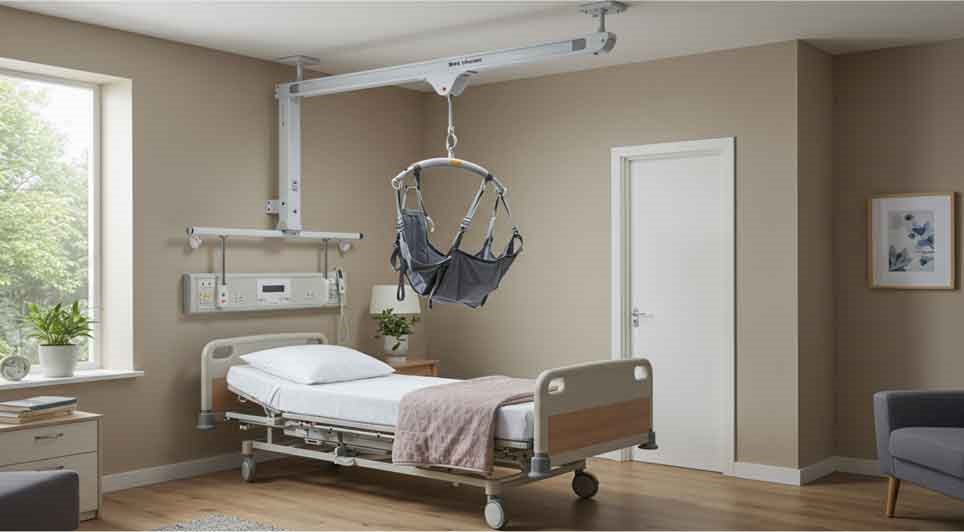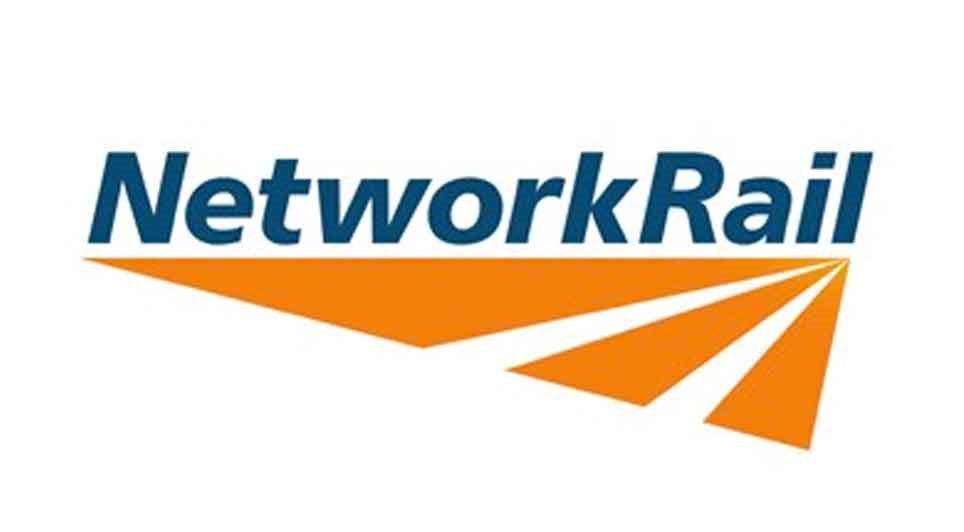The Association is forecasting that output will fall by just under 1% in 2011 and by a further 2% in 2012 as recovery in private sector construction fails to match the sharp downturn in public sector spending.
Commenting on these latest forecasts, Michael Ankers, the Association's Chief Executive said: "It is especially worrying that the construction industry is going to face another two years of falls in output, particularly given it is an industry that has been identified in the government's Growth Plan as having a key part to play in the economic recovery.
Significant cuts in public spending are inevitable whilst the private sector remains cautious about the pace of the wider economic recovery and consumer confidence remains at low levels.
"We welcome the steps that the government is taking to stimulate private sector growth but we do not see these in the short term as being sufficient to outweigh the public sector cuts. Availability of finance remains an issue for many companies and the housing market is still being held back by the lack of finance available, particularly for first time buyers. Accounting as it does for nearly 10% of GDP, the industry undoubtedly does have a key role to play in rebalancing the economy and leading the economic recovery."
Key elements in the latest forecasts are:
- The construction sector is forecast to fall 0.8% in 2011 and 2% in 2012 before rising 0.5% in 2013, 2.3% in 2014 and 3.9% in 2015
- Construction output in 2012 is expected to be 3% lower than the pre-recession peak in 2007
- Public sector construction work to fall £11bn by 2015; key areas to suffer falls in work include education, where work is expected to fall 53%, and health, where work is expected to fall 27%
- Private sector construction work to rise £15 billion by 2015; key areas expected to grow include commercial offices and retail, expected to rise 14% by 2015 and both infrastructure rail and energy, where work is expected to double in the next five years
- Even after five years of consecutive growth, private housing starts in 2015 are still expected to be 16% lower than in 2007, the pre-recession peak
 UK
UK Ireland
Ireland Scotland
Scotland London
London


